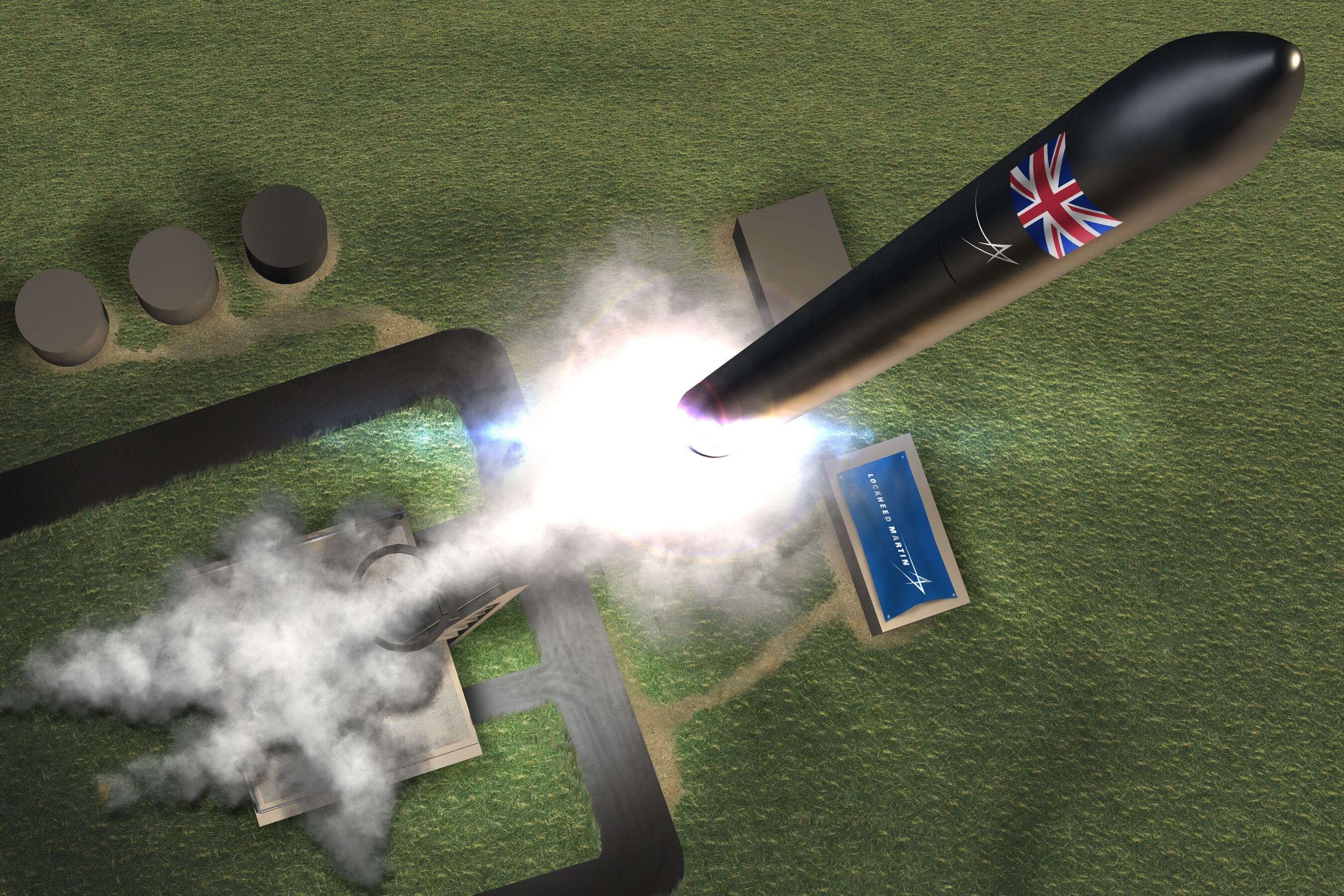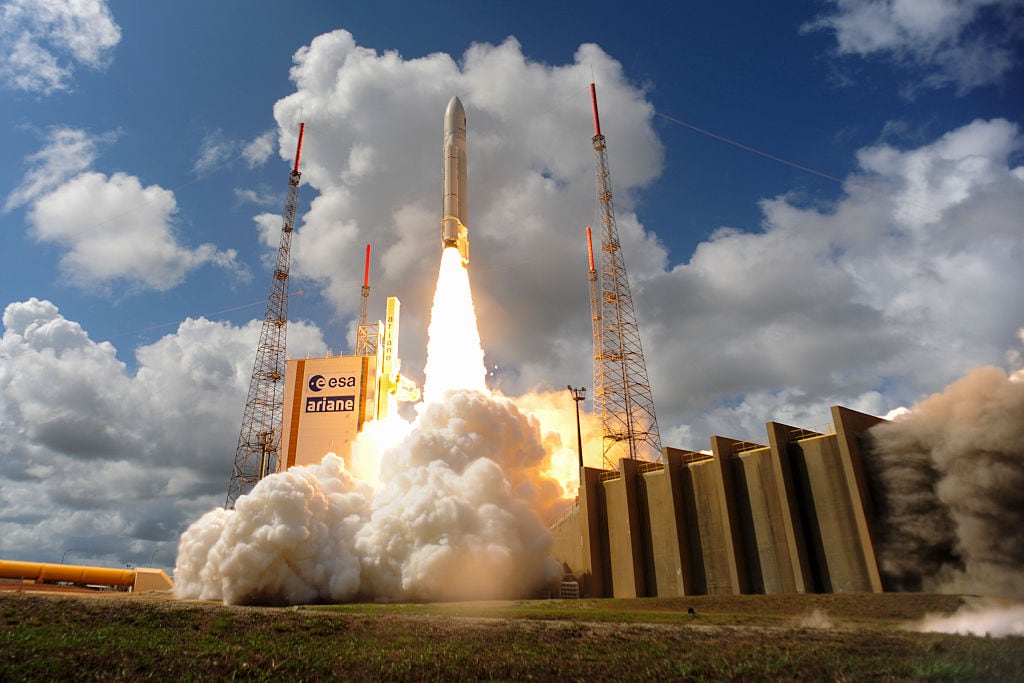
WASHINGTON — For months, analysts and industry have been waiting on the release of a new space strategy for the United Kingdom, one that would lay out steps forward for the U.K.’s future in the increasingly important war-fighting domain.
But the report has yet to materialize, even after Defence Secretary Gavin Williamson pledged it would be out before the end of 2018.
So when might the document roll out?
According to Gen. Gordon Messenger, the U.K.’s vice chief of the Defence Staff, the government expects to release an interim report in the spring/summer time frame, with the final report coming later in the year, following the government’s conclusion of the comprehensive spending review, which will set London’s budget for several years.
RELATED

As to why the document was delayed: “The reason is because we want it to have some substance,” Messenger told Defense News during a recent visit to Washington.
“We just wanted to signpost a little bit more substance to industry and to our partners on where we sit in terms of space capability. And [so we paused] just to reflect a little when we were at risk of producing a very broad policy statement rather than something that might have a little bit more substance to it.”
“I’m guilty of delaying it, and I think it would be difficult for us to push out anything of substance before the spending review now, to be honest,” he added, opining that industry should feel more confident the document will have money attached, as it will be released after the spending review.
During the interview, Messenger outlined a few priorities for that document: first, the development of a geostationary orbit for communications to bolster the U.K.’s Skynet constellation; and second, a replacement for the capability gap that now exists after the European Union pushed Britain out of the Galileo program.
RELATED

“We are examining a number of options, not all of them space-based, to look at the gap that Galileo was designed to deliver, now that we are almost certainly no longer in the Galileo program,” he said. “That’s quite a complex debate, but certainly has a space dimension to it.”
Finally, he noted that the U.K. is looking at the “merits” of a low-Earth orbit constellation for a “variety of potential uses.” That is notable, as the U.S. Defense Department is prioritizing the creation and launch of a low-Earth orbit constellation. Given close ties between the U.S. and the U.K. on defense matters, including intelligence sharing and strategic weapons, it is possible the two could find common ground on such a system.
Messenger confirmed he talked about that program while meeting with Pentagon research head Mike Griffin, the driving force behind that constellation.
Aaron Mehta was deputy editor and senior Pentagon correspondent for Defense News, covering policy, strategy and acquisition at the highest levels of the Defense Department and its international partners.





